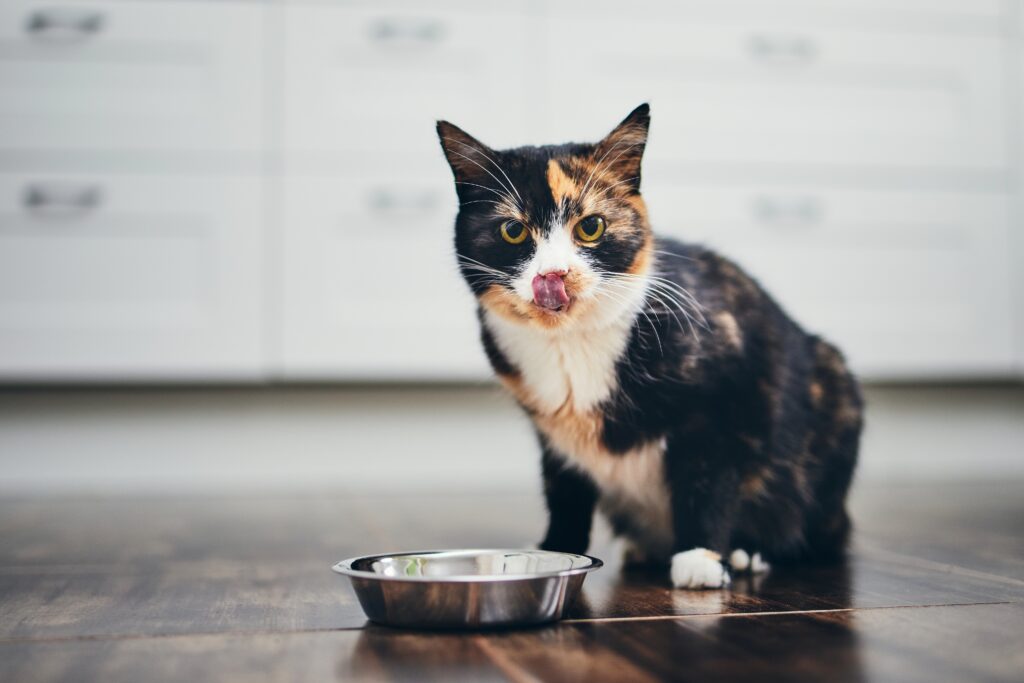
There are a number of human foods that are safe for cats to eat. These include vegetables such as cucumbers, steamed broccoli and carrots. They can also enjoy pieces of melon or deseeded watermelon, and hard cheeses like parmesan in moderation.
Cooked beef is a healthy source of protein for felines, as is boneless cooked turkey (never deli). However, many human foods can be dangerous or even life-threatening to cats when consumed in large quantities.
Meat
Cats are true obligate carnivores, and they require nutrients that can only be found in animal flesh. They also lack the enzymes to process plant cellulose, which makes them unable to digest raw vegetables or fruits.
Because of this, offering your feline friend some of the foods that are safe for humans to eat can be an excellent way to add some variety to their diet. Just be sure to only offer these snacks in moderation and never give them anything that may be harmful or toxic to your pet.
Eggs, both hard and soft cheeses (in moderation) and scrambled chicken can provide your kitty with an excellent source of protein. However, don’t forget that eggs are very rich and should be fed to your kitty only as an occasional snack. They can also cause weight gain if given frequently.
Fish
Cats are obligate carnivores, so they crave meat and need nutrients that can only be found in animal flesh. However, it’s important that paw parents avoid giving their furry friend food items that can be harmful to them.
For example, peanut butter contains calories and fats that are not good for cats’ health. It can also be a choking hazard and may trigger an allergic reaction. It’s best to save this treat for special occasions.
Fish is another safe human food for cats in small amounts, but it should not be a daily treat. Make sure any fish is cooked and free of spices and sauces. It’s also recommended to limit their intake of tuna, which can be high in omega-3 fatty acids, which may cause thiamine deficiency.
Vegetables such as cucumber, steamed broccoli, carrots, asparagus and peas are safe for cats. They are rich in vitamin C, B vitamins, potassium and molybdenum. They can be served boiled or raw. Watermelon is a safe fruit for cats in moderation, as well as apples and strawberries.
Vegetables
As responsible pet owners, we know that vegetables are a good source of vitamins and nutrients. Some are high in fiber and low in calories, which make them a good choice for a snack or treat.
Vegetables like broccoli are full of vitamins, minerals and phytonutrients. They offer antioxidants and other anti-inflammatory benefits to help your cat stay healthy. Cooking vegetables can reduce their nutritional value, so try to steam them or serve them raw to get the most benefit.
Green beans are another nutritious vegetable. They contain protein, iron and fiber. They are also safe for your cat to eat in small amounts. Carrots are a great addition to any diet, but be careful about offering too many because they are high in sugar. Sweet potatoes and squash are safe for your cat to eat in moderation as well.
Fruits
Cats can benefit from a few healthy treats now and then, but human food should not make up a significant portion of their diet. Some foods are harmful to cats, even in small quantities and can lead to obesity, diabetes, kidney and bladder problems, liver damage and other health issues.
While many cats do not like vegetables or fruits, some such as cucumbers (provided they are peeled and cooked to reduce choking risk), carrots, steamed green beans, asparagus and peas can be offered to them. They are a rich source of vitamins A, C and K, as well as potassium.
Cheese is a good snack, as are boiled and scrambled eggs (but never raw). Peanut butter is safe for cats in small amounts but be aware that it can be high in fats and sugar and should not be offered to any felines with a peanut allergy. Fruits such as bananas, strawberries and deseeded watermelon are good for sharing with your kitty in moderation.




